Can you imagine drinking water that has been through the toilet? That's what could be happening if you consume treated sewage water! Yes, you heard that right! As outrageous as it may sound, treated wastewater is full of dangers that could put your health and well-being at risk.
This year, Mexico is in the midst of a severe water crisis, and despite this situation, the funds allocated to ensure water distribution and availability will be 32.8% lower compared to 2023.
Despite measures such as water cuts, the levels of dams and reserves continue to decrease at alarming rates.
Whether it's because the government prioritizes industry over the population or due to poor water supply infrastructure, the shortage of potable water has led to the exploration of alternatives, including the treatment of wastewater for human use. Although this practice may seem like an ingenious solution, there are serious risks and dangers associated with consuming treated sewage water that must be considered with caution.
In particular, in Nuevo León, Mexico, a new sewage treatment plant is currently under development. According to the Agua y Drenaje de Monterrey website:
“This plant receives water from the Talaverna and Benito Juárez 1 and 2 collectors, according to the Metropolitan Area Sanitation System. The water undergoes the removal of residues, some solids, and organic matter. Contaminants are eliminated, and the solid and liquid phases are separated. Chlorine is applied to ensure its cleanliness and disinfection, resulting in treated wastewater. The liquid is then sent to rivers, lagoons, and streams; another portion is used for agricultural irrigation or urban uses, and the rest is sold to companies.”
However, we should ask ourselves: is this the right technology? Considering that water not only contains the contaminants we generally expect but also synthetic chemicals such as hormones from contraceptives, pharmaceuticals from cancer patients' chemotherapy, heavy metals, microorganisms, and microplastics that can surpass conventional processes and require more expensive treatments for effective removal, which we lack the necessary infrastructure for.
The project promotes the use of this treated sewage water to supply the valuable resource to the population instead of the industry. Why not supply the industry with this water instead? Let the industry invest in better technology to treat the water and apply a second treatment to its supply. Why save the industry resources at the expense of government resources, instead of supplying the population with dignity?
But what are the risks of consuming this treated sewage water?
-
Hormones Gone Wild: Did you know that hormones from contraceptives and other medications can end up in wastewater? Yes, that's right! And even after treatment, some of these hormones can survive and end up in your glass. Imagine the hormonal chaos they could cause in your body!
-
Invasive Microplastics: Microplastics, those tiny plastic particles that seem to be everywhere, can also find their way into treated wastewater. And guess what? Those microplastics could end up in your body when you drink water from contaminated sources!
-
Dangerous Chemical Cocktail: There's more; treated sewage water can contain a chemical soup. From cleaning products, pharmaceuticals, hormones to pesticides and fertilizers, all of that can end up in your glass! Fancy a cocktail of toxic substances for breakfast?
-
Nightmare Antibiotic Resistance: And let's not forget the danger of antibiotic resistance. With so many people taking medications, imagine how many antibiotic residues end up in wastewater? This only fuels the nightmare of antibiotic-resistant superbugs.
-
Chaotic Environmental Impact: It's not just about us; it's also about the planet! The discharge of treated sewage water into rivers and seas can have a devastating effect on the environment. From water pollution to the impact on aquatic life in aquifers.
As mentioned in this article, many of these water treatment methods are still being perfected. In the meantime, we cannot settle as citizens for “what's available.” Besides demanding clean water, what else can we do to ensure the quality of water for our families?
Fortunately, today we have the possibility to explore new technologies like water generators, such as "The Cloud," which extract moisture from the air and offer an alternative that eliminates concerns about water contaminants, whether from wastewater or other sources. These systems include filters and mineralization processes, ensuring an independent and reliable water supply for the entire family.
Don't drink blindly; be smart and protect your health and the planet! 🌍💧
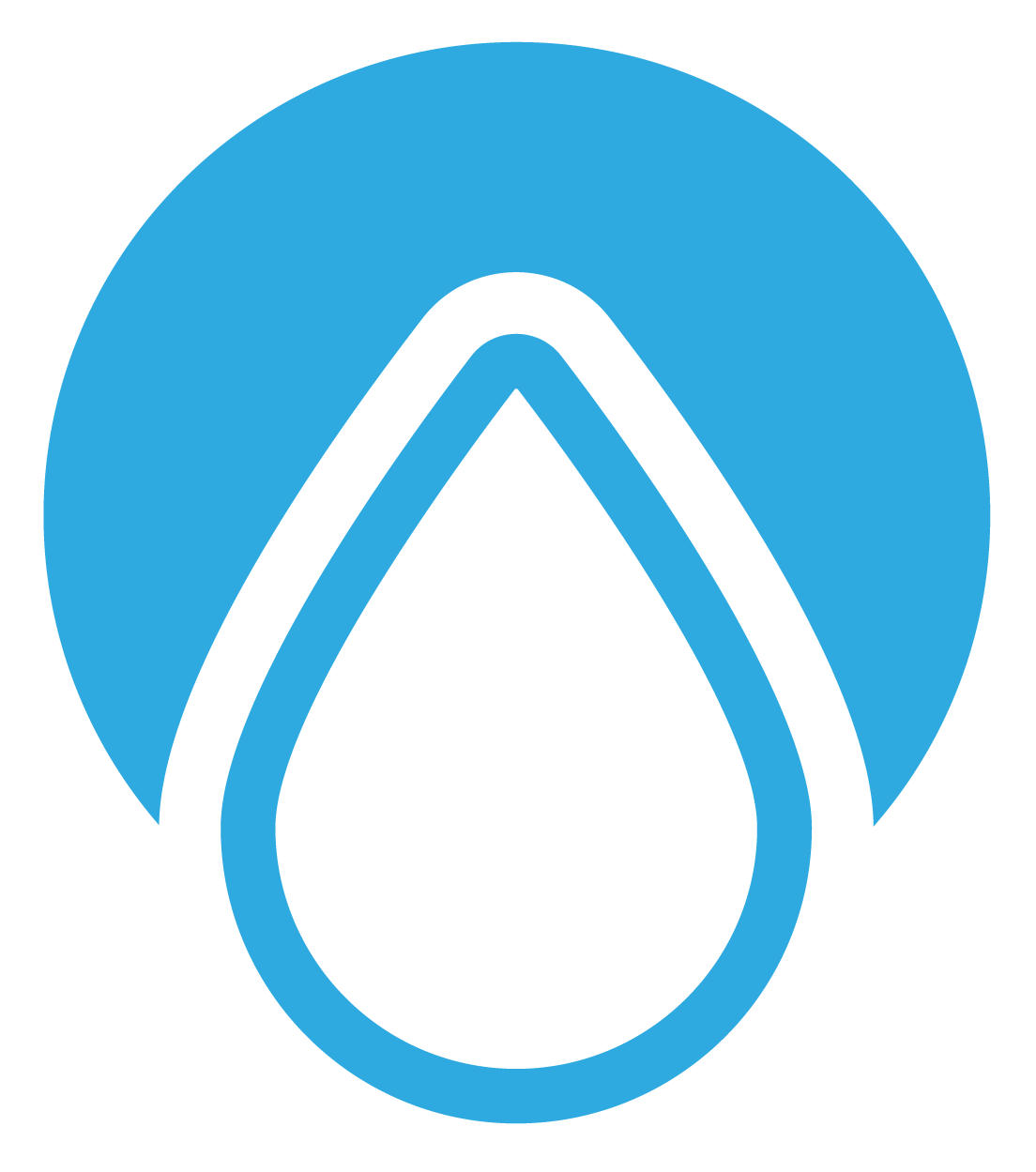
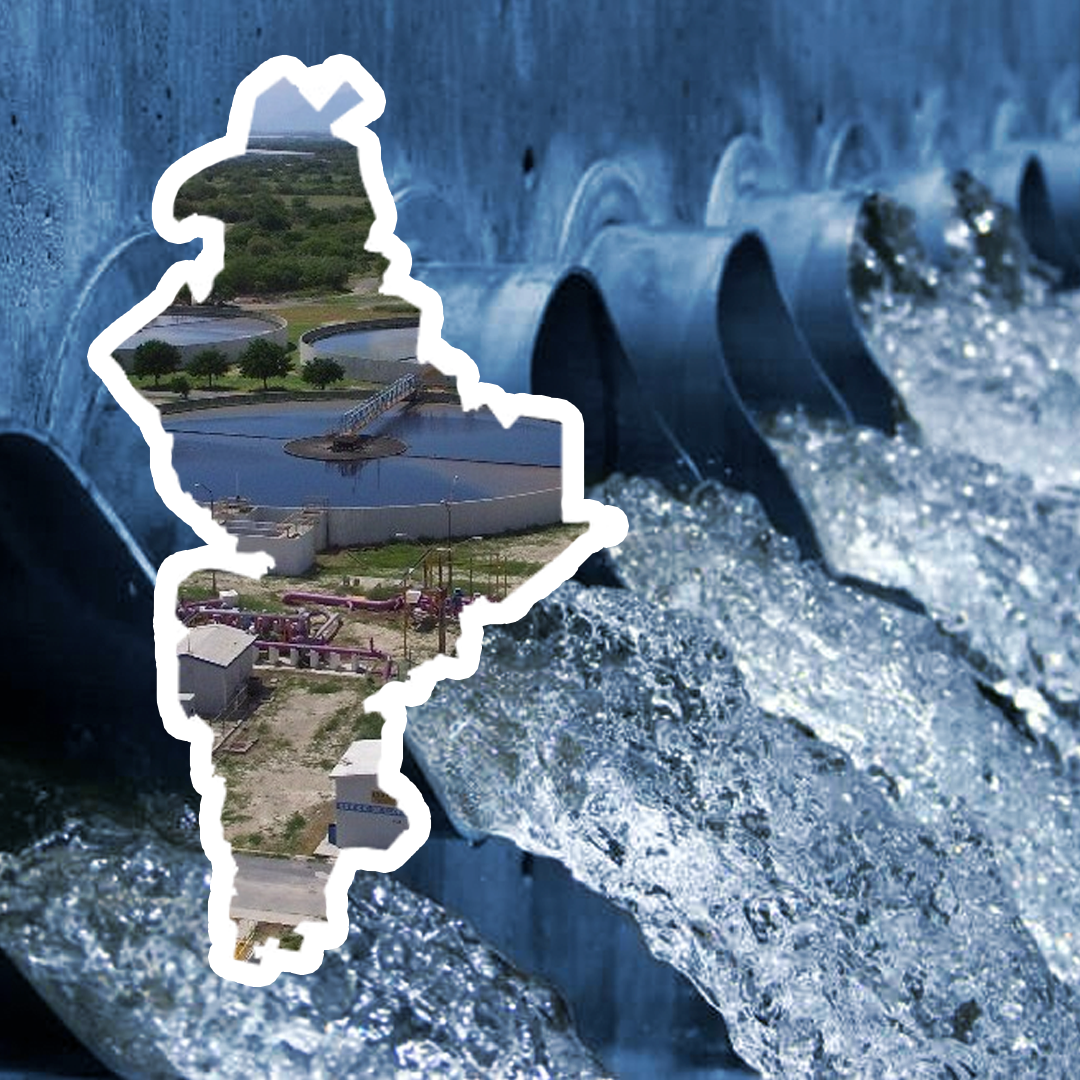

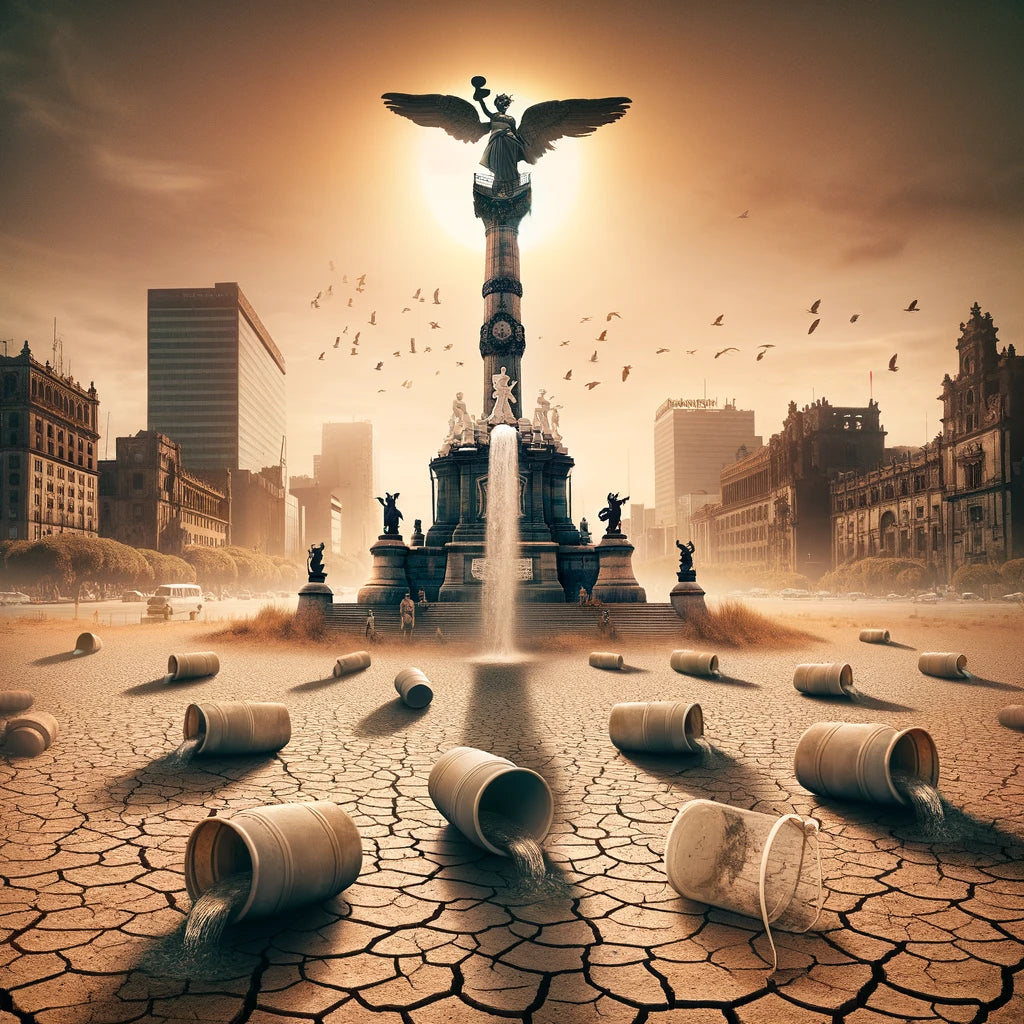
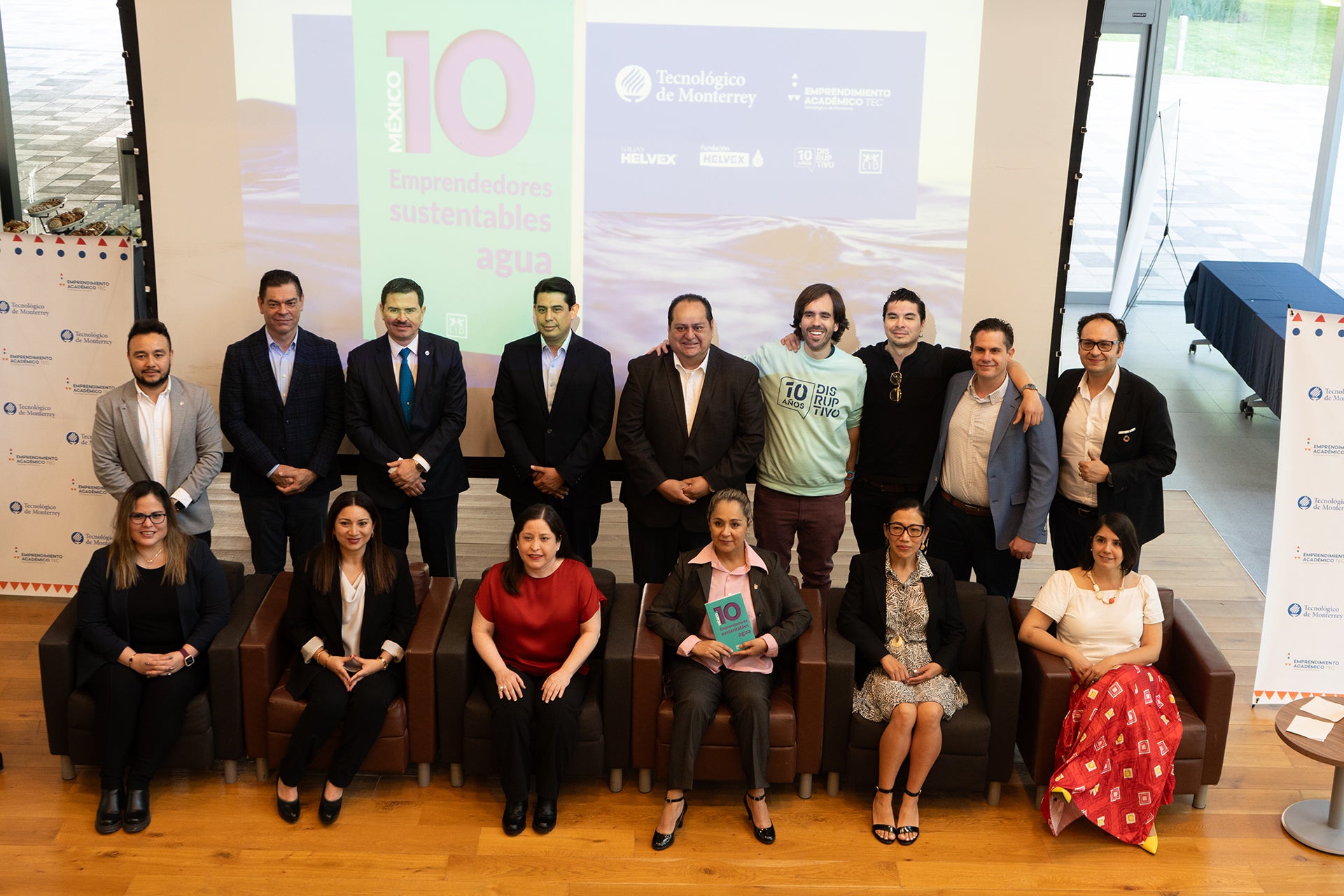
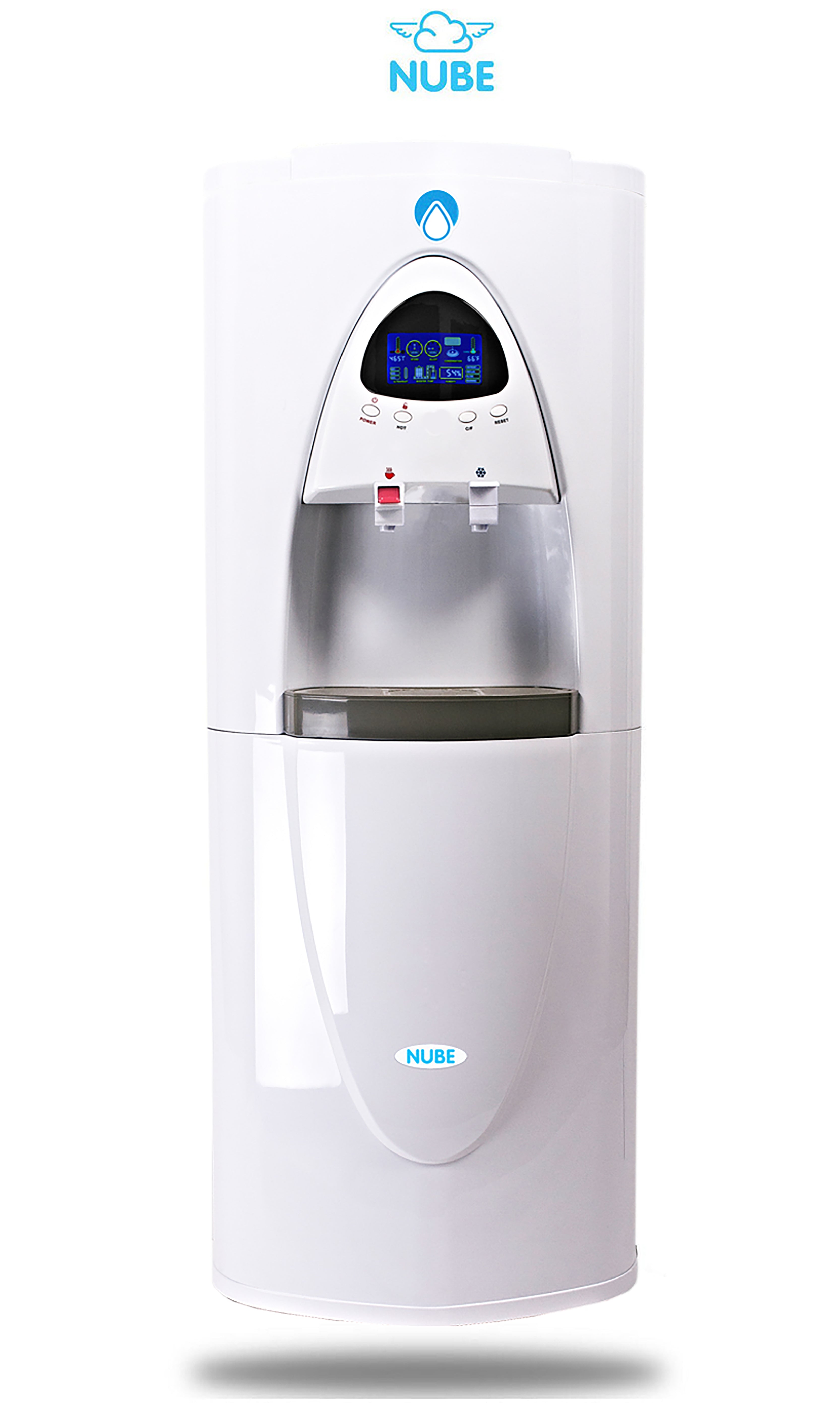
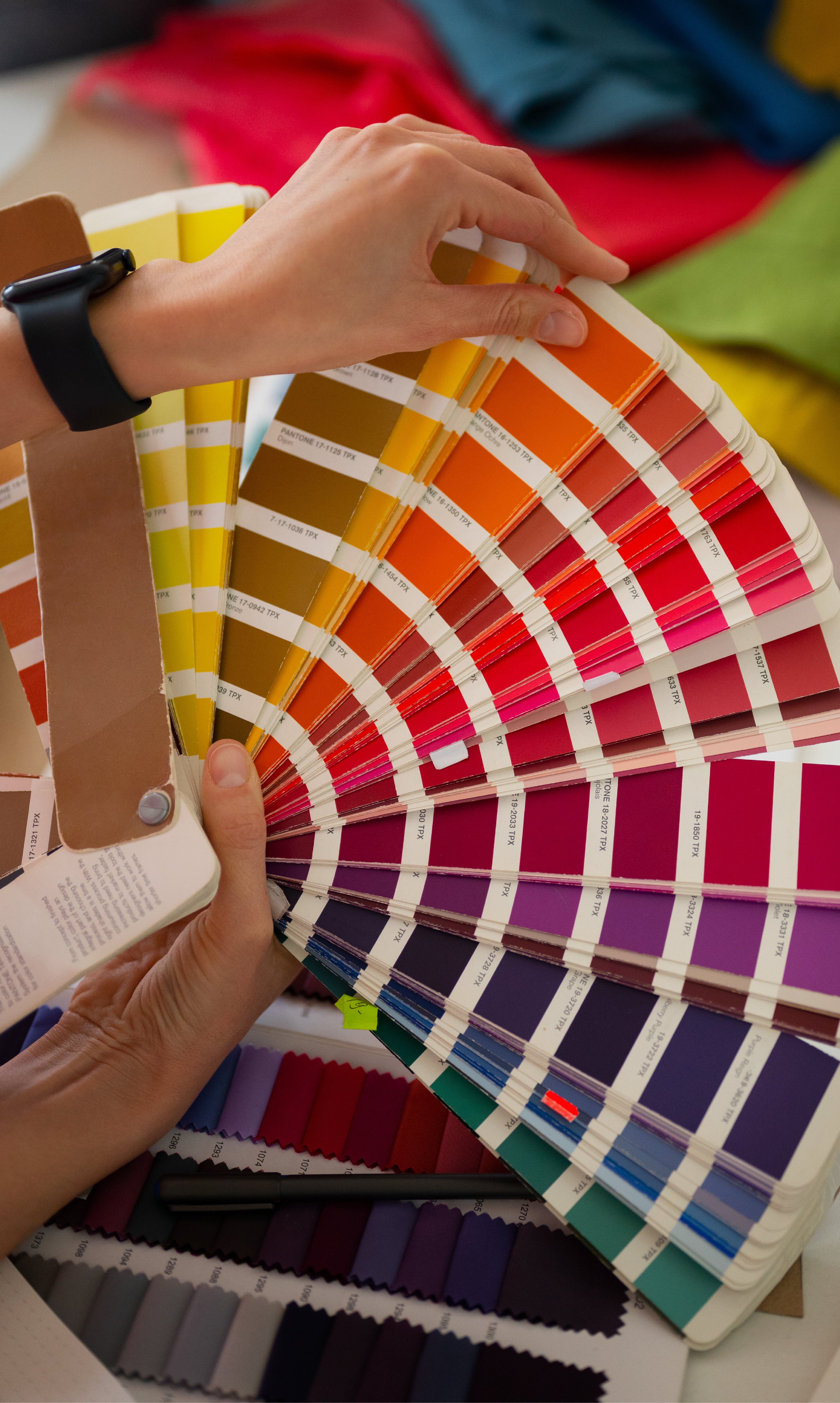
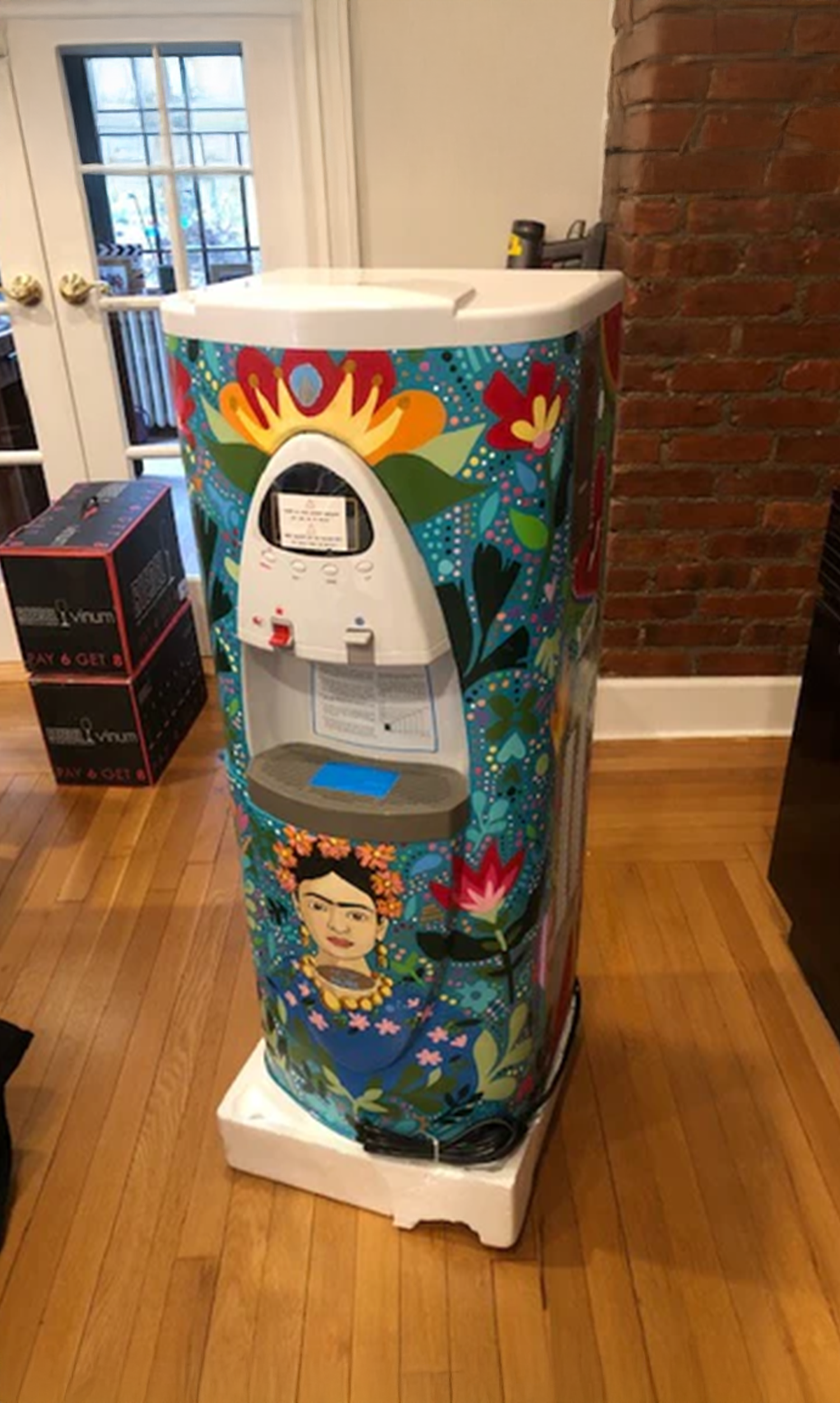
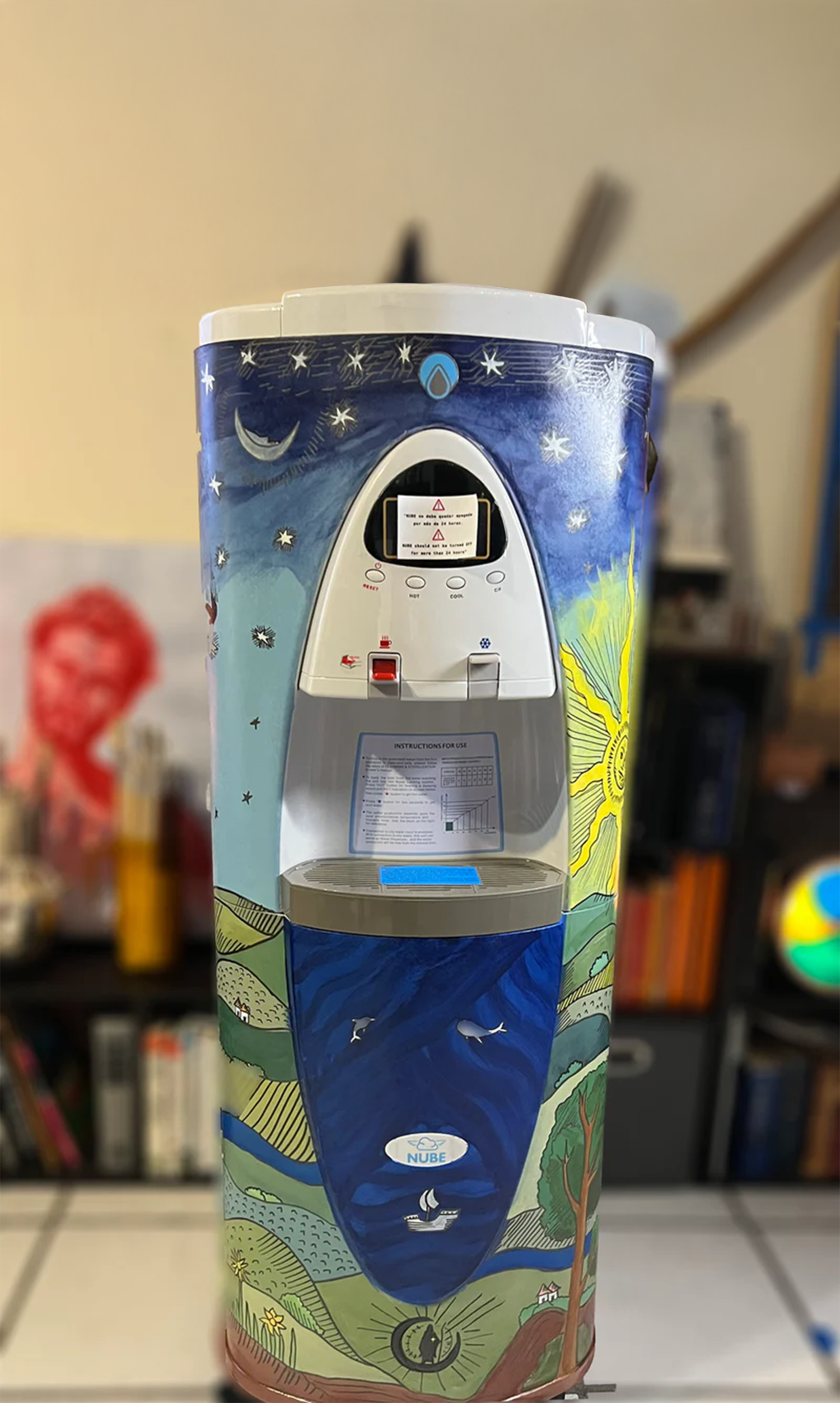
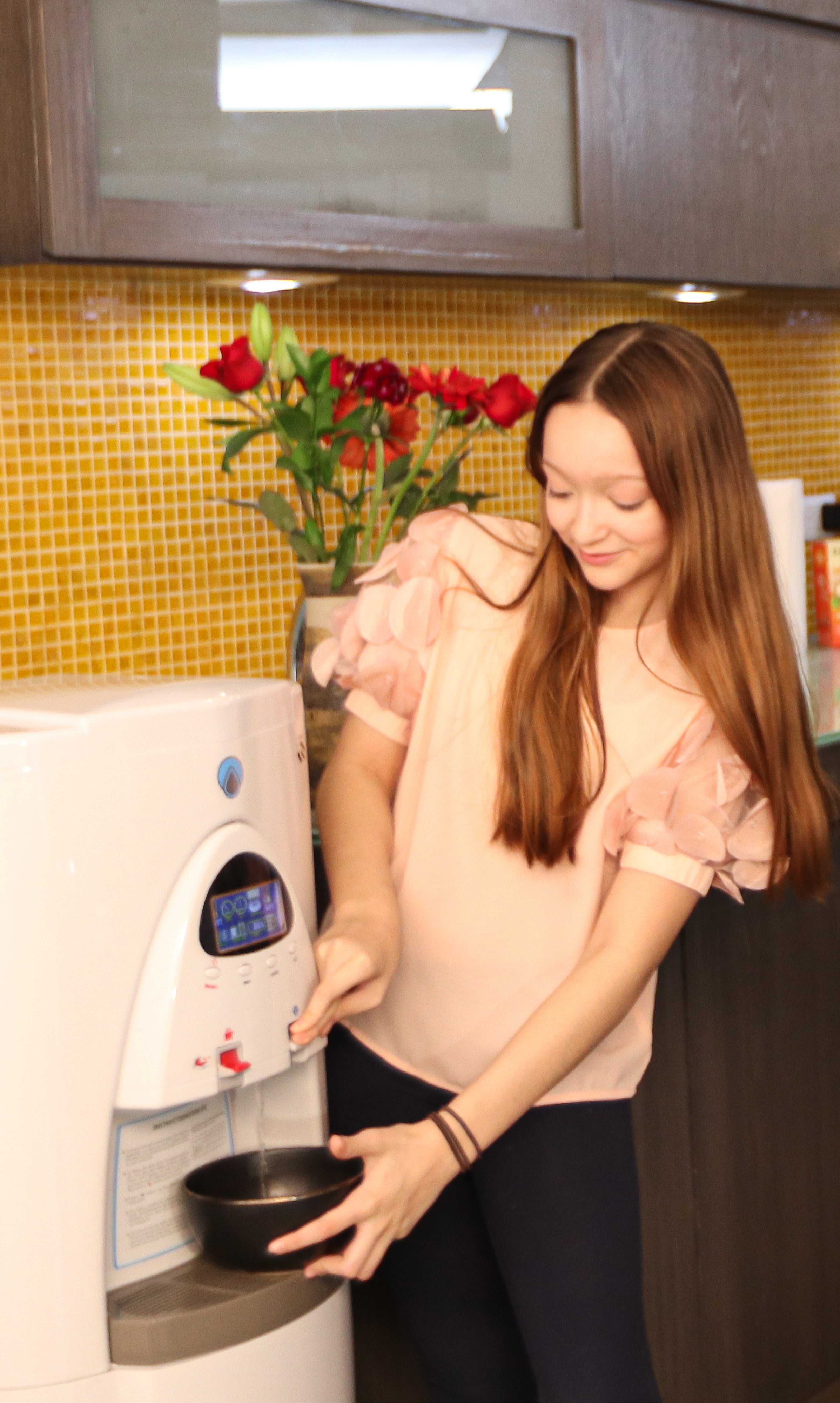
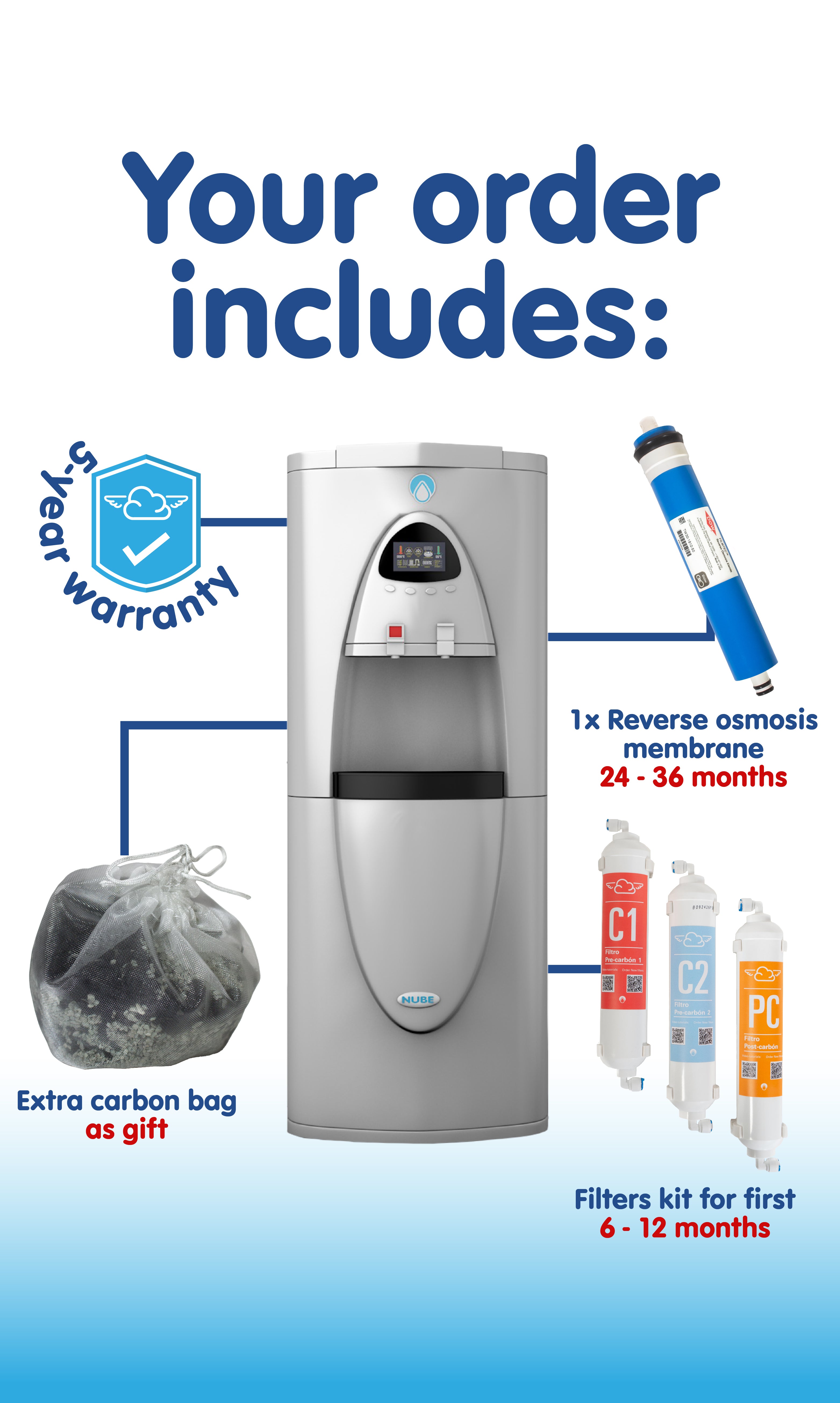
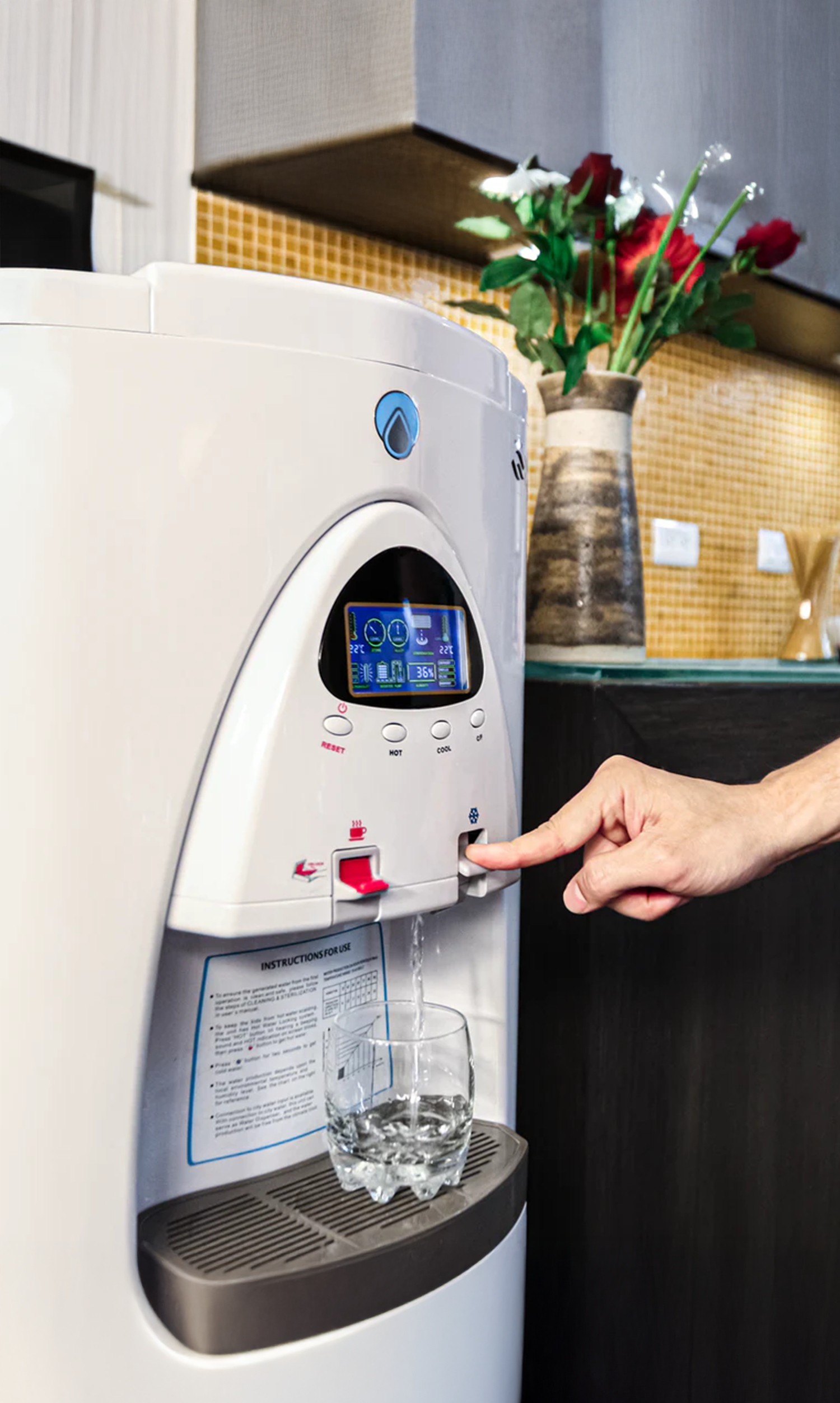

Laat een reactie achter
Alle reacties worden gemodereerd voordat ze worden gepubliceerd.
Deze site wordt beschermd door hCaptcha en het privacybeleid en de servicevoorwaarden van hCaptcha zijn van toepassing.